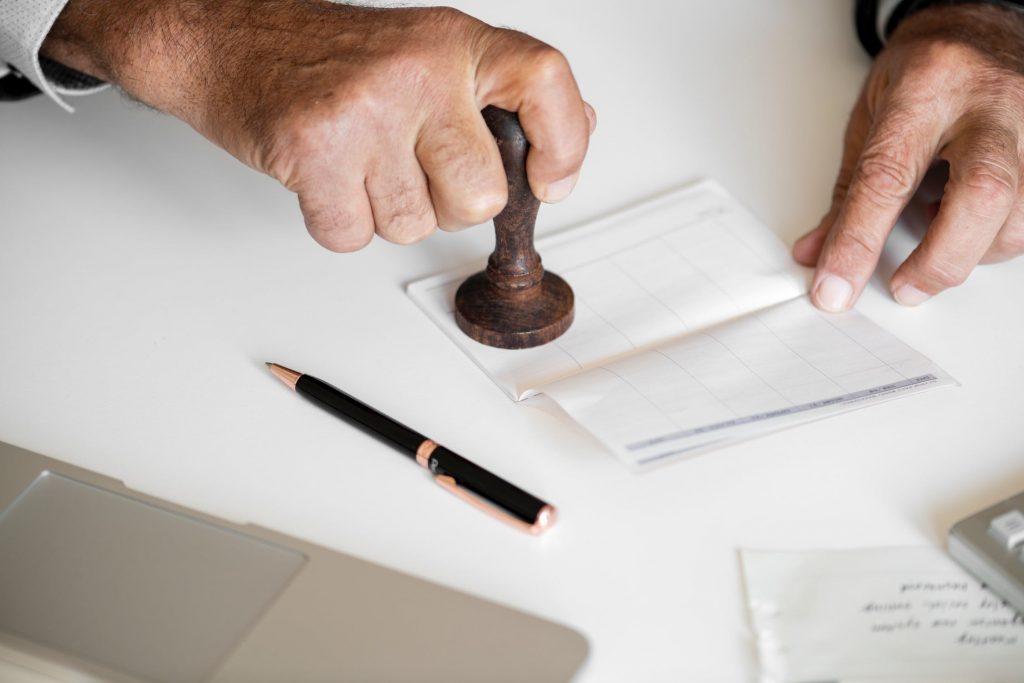How to Choose the Right Type of Loan
There are many types of loans available and it is important that when you are considering borrowing money that you choose the right type of loan. What you pick may depend on how much you want to borrow, the purpose of your borrowing or the repayment term that you would like.
Loans for specific purposes
If you are buying a property then you will need a home loan and if you are buying a car then an auto loan. These are quite obvious but with other loan types it is not always so obvious. It can be tricky knowing what might be the best. You could ask at your bank and they will be able to guide you. However, they may try to guide you into a loan that they have available as they will want you to borrow from them. Although this is okay if you want to borrow from them, I you want to look at options beyond your bank then it might restrict you. Another option is to pay for some independent financial advice and that will give you options beyond your bank, but you may not be prepared to pay for it, especially if the amount you want to borrow is small.
Loans for specific amounts
It may be that you have a specific amount of money that you want to borrow. Even if it is not that specific you will still know whether it is a few hundred dollars, a few thousand or more. Some loans only lend small amounts of money and other lend more and so you will need to think about how much you need and which type of loan will suit that. You may find that some are more flexible with the amount that you can borrow too, such as if you have a credit card you can use it for any amount up to the credit limit whereas if you get a personal loan then you will be leant a specific amount and no more.
Fixed vs variable rate
Some loans have a fixed rate of interest where you will always pay the same amount of interest. This might be fixed for the whole term of the loan or it might be fixed for part of it or it might be variable and then can change. Some people prefer to go with a fixed rate as they will then know exactly how much they will be paying each month. This can provide security as you know that it will be an amount you can afford (hopefully!) and there will be no nasty shocks if the rate suddenly increases. Some people prefer to go with a variable rate. These can be cheaper, at least initially and if the rates go down then they will pay less, something which will not happen with a fixed rate. There is a risk that the rates will go up of course of you choose a variable rate and it is important to be confident that you can cope with this. The rates will normally change as the prime rate changes, but it may be that they are more likely to go up rather than down as the bank may increase their rate when the prime rate goes up but not reduce the rate if it goes down. Unless there is something in your agreement with them stating that this will have to happen, then they can change it when they wish.
Repayment terms
It is most important to look at the repayment terms of the loan. Many loans will have a monthly repayment schedule where you will be expected to pay a certain amount. If this is the case with the loan that you are considering then you will need to find out how much that is and make sure that it is an amount that you will be able to manage. You also need to think about whether there is a chance that it might get dearer too. If you have a variable interest rate then it may go up if the prime rate increases or it may just go up anyway if the lender decides to increase it. You need to be confident therefore, not only that you will be able to repay it now but also if the rate goes up. You may prefer something that is a bit more flexible so you can repay small amounts when you do not have much money and more when you can afford it. If you pick a credit card then you can do this.
It is important to have an understanding of the different loan types so that you know which will fit into the right categories for you. This can take some time, but once you have a general understanding of the similarities and differences then you will be able to see which fit in best with what you are looking for. It can be time consuming to do this research but it will be worth it when you get a loan that is most suited to your needs.
Read MoreTop Tips for Getting on Top of your Debts
If you owe a lot of money then you might feel that you need a plan to get on top of the debt. It can be difficult knowing where to start and you may feel completely overwhelmed by the idea of it. However, there are many things that you can try but it could be best to try a methodical approach which will make it easy to cope with.
Find out how much you owe and to whom
You need to start by gathering all of the paperwork or looking online to find out how much you owe and to whom. This can be quite scary as you may not want to face up to your debts and you may have no idea how much you actually know. It is the hardest step to do though and is really important so you need to motivate yourself to do it. Include every company, person and bank that you owe money to. Look at statements for your credit card, checking account and any other accounts you have to make sure that you have got all of the information that you need.
Decide which to start repaying first
Once you have a list of what you owe, then you need to decide which debt you want to start repaying first. The most cost-effective way to do this is to pick the one that is most expensive. Looking at the charges and interest rates on each one, you should be able to find this out. However, some people find it easier to repay the smallest debt first, then they feel that they are eliminating the debts quicker and it helps them to feel more motivated to do the rest. Others may prefer to pay off personal debts – those to people they know before they pay off the ones to banks. It is worth giving this some thought and noting down which order you wish to tackle them in. You can always change the order as long as you are still repaying something. Then you need to tackle actually paying them off.
Spend less money
It is worth having a think about where you are spending money and where you can cut down. Many of us will go to the store and just buy anything we wish, without really thinking about the prices and whether we need the items. Start planning your shopping trips and make sure that you are only purchasing items that you really need rather than things that you want. This can be tricky to start with but gets easier. Also compare prices on everything that you are buying to make sure that you are not spending more than necessary. Cancel any contracts you have that are not really benefitting you and think about newspaper and magazine subscriptions, memberships, regular charity donations and things like this that you may be able to do without until your debts are repaid. It may seem difficult, but it is not forever. Once the debts are repaid you will find that you are able to go back to buying these things again.
Cutting back on spending is not easy but if you keep reminding yourself of why you are doing it then you will feel more motivated. Write down your goal on a piece of paper and put it somewhere prominent so that you keep remembering why you are doing this and that it will be worth it.
Earn more money
Another way that can help you is to earn more money. This may seem tricky but there are lots of ways to generate a few extra bucks that will all add up and help you to repay your debts more quickly. If you work, then you may be able to increase your hours in order to get more money coming in, but it is not always that easy. You may also be able to ask for a pay rise, but this will again depend on what you do. You may want to look into applying for a better paid job or see if you can do a second job to earn extra. You might be able to pick up some online work that will help, do some freelancing or even start a business to get some money coming in. If you want a lump sum of money then you could have a yard sale and make some money from items that you own but no longer want or need or you could sell them online if you think you will raise more that way. It is good to keep thinking of ways that you could potentially make more money as this could help you to pay the debts off much more quickly and even if you are just making small amounts, they will all add up.
Read More
